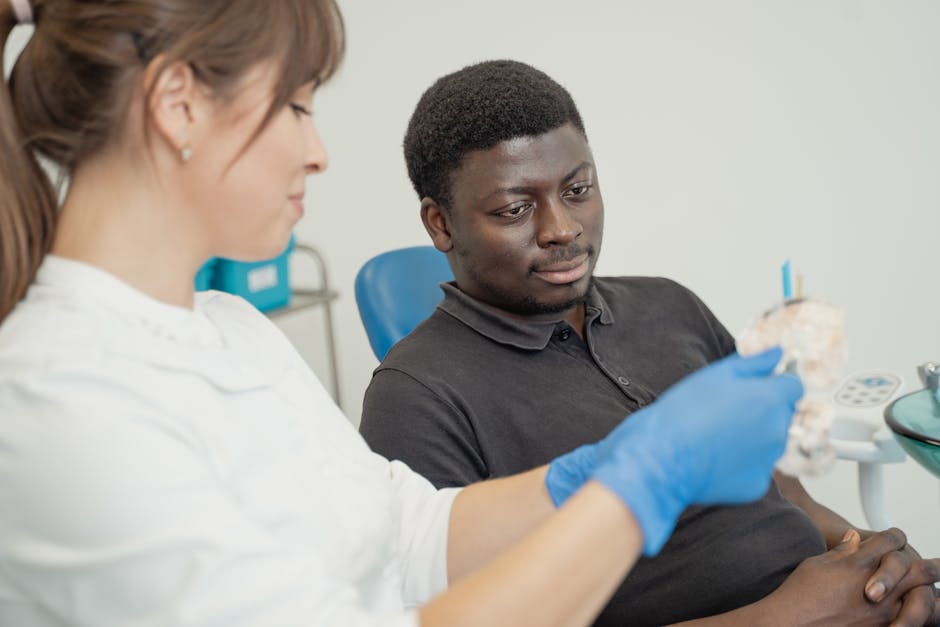The internet, with its seemingly endless trove of information, can be a powerful tool for understanding health and wellness. Yet, the sheer volume and varied quality of content can make it challenging to discern reliable from unreliable sources. Finding accurate information on health is crucial for making informed decisions about your well-being. This article explores a multifaceted approach to locating trustworthy health information, examining various avenues and their specific strengths and weaknesses.
A Crucial First Step: Recognizing the Need for Critical Evaluation
A critical first step in seeking health information is understanding that not all sources are created equal. Websites, social media posts, and even seemingly authoritative books can contain inaccuracies, biases, or outdated data. Developing a discerning eye is paramount. This means questioning the source’s motivations and checking for supporting evidence. Consider factors such as the author’s credentials, the publication’s reputation, and the overall tone of the content. A site pushing a specific product or treatment, for instance, is unlikely to offer a neutral or objective perspective.
Scrutinizing Online Resources: Distinguishing the Credible from the Clueless
The internet has democratized access to information, but this abundance also presents a challenge. A significant portion of online health resources are not rigorously reviewed. When researching online, prioritize reputable websites. Look for sites affiliated with established medical institutions, professional organizations, or government health agencies. Universities’ medical schools, for example, often maintain credible websites with detailed explanations. Consider the language used; jargon-free explanations increase accessibility. In contrast, overly technical language or dramatic claims should raise immediate suspicion.
Beyond the Web: Exploring Traditional Sources of Health Knowledge
While online resources are easily accessible, exploring traditional sources can offer invaluable perspectives. Consult with healthcare professionals doctors, nurses, and registered dietitians for personalized advice and comprehensive understanding. Their expertise is irreplaceable in providing tailored recommendations based on individual needs and medical history. Consider attending reputable seminars or workshops conducted by professionals in the field. These events often provide up-to-date information in a clear and engaging format.
The Role of Books and Periodicals: Seeking Well-Researched Insights
Books and peer-reviewed journals offer an in-depth approach to specific health concerns. Look for publications from established medical presses or those from reputable organizations. Scientific articles and well-researched books often present data and research findings critically. However, it’s important to remember that even in these domains, biased information can infiltrate the process. Cross-referencing information and consulting multiple sources is always beneficial. Ensure the authors are experts in the field.
Unveiling the Importance of Fact-Checking and Cross-Referencing
A vital aspect of locating accurate health information is the practice of fact-checking. Compare different sources to ensure consistency in the presented data. If multiple credible sources corroborate a piece of information, it strengthens its credibility. Conversely, if one source drastically differs, a thorough investigation of the discrepancies is necessary. Discrepancies can be a red flag. This meticulous process safeguards against misinformation.
The Vital Role of Healthcare Professionals as Guides
Healthcare professionals act as invaluable guides in navigating the complexity of health. A general physician or specialist can provide tailored advice based on your specific situation. Do not hesitate to seek clarification from your doctor about any information you find online or in other publications. Personal interaction allows for personalized responses.
Navigating the Nuances of Complementary and Alternative Medicine
Exploring complementary and alternative medicine (CAM) methods requires careful consideration. Some CAM practices, like acupuncture or yoga, have scientific backing. However, others may lack substantial evidence of their efficacy. Thorough research and consultations with healthcare providers are essential for understanding the potential benefits, risks, and interactions of such approaches.
Harnessing the Power of Personal Responsibility: Applying Critical Thinking to Health
Ultimately, navigating the realm of health information requires taking personal responsibility. Develop a critical approach, question claims, and seek evidence-based support for any health-related decision. Remember that health is a complex and personal journey, and relying on trusted sources is paramount in making well-informed choices.
In summary, a multi-pronged approach to information seeking is essential for understanding health and making well-being decisions. Trustworthy sources, critical evaluation, and consultation with healthcare professionals are all key components in this process. By practicing informed decision-making, individuals can cultivate a holistic approach to their health and well-being.
